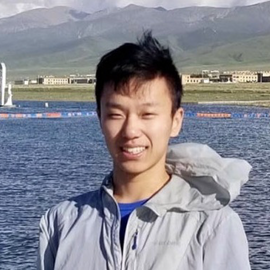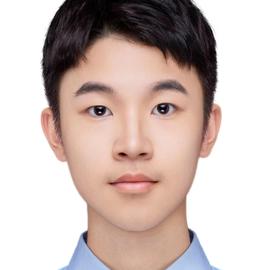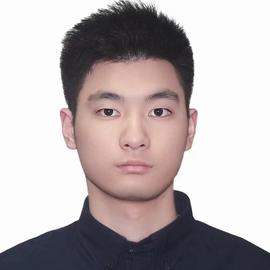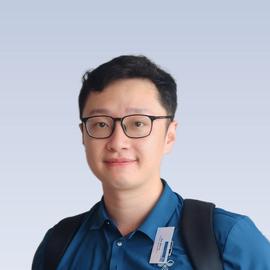Abstract
Identifying unknown Hamiltonians from their quantum dynamics is a pivotal challenge in quantum technologies and fundamental physics. In this paper, we introduce Hamiltonian recognition, a framework that bridges quantum hypothesis testing and quantum metrology, aiming to identify the Hamiltonian governing quantum dynamics from a known set of Hamiltonians. To identify for an unknown qubit quantum evolution with unknown , from two or three orthogonal Hamiltonians, we develop a quantum algorithm for coherent function simulation, built on two quantum signal processing (QSP) structures. It can simultaneously realize a target polynomial based on measurement results regardless of the chosen signal unitary for the QSP. Utilizing semidefinite optimization and group representation theory, we prove that our methods achieve the optimal average success probability, taken over possible Hamiltonians and parameters , decays as with queries of the unknown unitary transformation. Furthermore, we demonstrate the validity of our protocol on a superconducting quantum processor. This work presents an efficient method to recognize Hamiltonians from limited queries of the dynamics, opening new avenues in composite channel discrimination and quantum metrology.
Publication
arXiv:2412.13067

PhD Student (2023)
I obtained my BS in Applied Mathematics from China Agricultural University under the supervision of Prof. Zhencai Shen. I obtained my MS degree in Cyberspace Security from University of Chinese Academy of Sciences under the supervision of Prof. Zhenyu Huang. My research interests include quantum information theory and quantum computation.

Undergraduate Student
I am studying at The Hong Kong University of Science and Technology (Guangzhou). My research interests include quantum information theory and quantum computation.

Research Associate
I obtained my BS in Mathematics and Applied Mathematics from University of Science and Technology of China. I obtained my PhD degree in Applied Mathematics from University of Chinese Academy of Sciences under the supervision of Prof. Xiao-Shan Gao. My research interests include quantum computing, symbolic computation and cryptanalysis.

PhD Student (2023)
I obtained my BMath in AMath, CO & joint PMath from the University of Waterloo. My research interests include quantum algorithm design and quantum machine learning.

Associate Professor
Prof. Xin Wang founded the QuAIR lab at HKUST(Guangzhou) in June 2023. His research primarily focuses on better understanding the limits of information processing with quantum systems and the power of quantum artificial intelligence. Prior to establishing the QuAIR lab, Prof. Wang was a Staff Researcher at the Institute for Quantum Computing at Baidu Research, where he concentrated on quantum computing research and the development of the Baidu Quantum Platform. Notably, he spearheaded the development of Paddle Quantum, a Python library designed for quantum machine learning. From 2018 to 2019, Prof. Wang held the position of Hartree Postdoctoral Fellow at the Joint Center for Quantum Information and Computer Science (QuICS) at the University of Maryland, College Park. He earned his doctorate in quantum information from the University of Technology Sydney in 2018, under the guidance of Prof. Runyao Duan and Prof. Andreas Winter. In 2014, Prof. Wang obtained his B.S. in mathematics (with Wu Yuzhang Honor) from Sichuan University.
 Recognizing unknown Hamiltonians from X, Z
Recognizing unknown Hamiltonians from X, Z